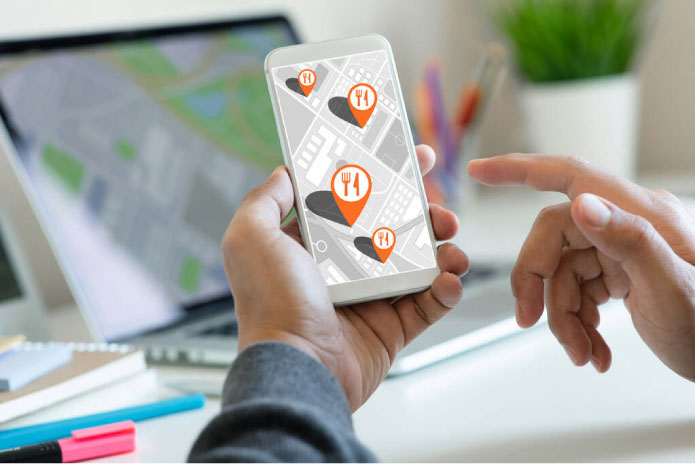In today's world, the dependence on digital devices and social networks has become a worrying phenomenon. Constant access to smartphones, computers and online platforms have transformed the way people interact, they work and consume information. But to what extent is this uninterrupted connection healthy? Psychologist Jessica Fuliotto analyzes the causes of this dependency and points out ways to achieve a more balanced relationship with technology.
Causes of Digital Dependency
According to Fuliotto, digital addiction is directly linked to the brain's reward mechanism. "The excessive use of social media activates the dopamine system", the same mechanism associated with other types of vices, "like the game and the excessive consumption of food or substances", explain to the specialist.
Furthermore, the need for social validation through likes, comments and shares can lead to anxiety and constant comparison with others. The fear of missing out (known as FOMO, "Fear of Missing Out" also drives the frequent use of digital platforms.
Impacts on People's Lives
The effects of digital dependency can be broad and harmful. Among the main impacts are
- Sleep problemsThe excessive use of screens, especially before sleeping, can harm sleep quality and cause insomnia.
- Difficulties in concentrationThe excess of information and constant notifications reduce the ability to focus and productivity.
- Fragile interpersonal relationshipsThe excessive use of technology can diminish the quality of face-to-face interactions and affect family and social relationships.
- Increase in anxiety and depressionExcessive consumption of content can lead to feelings of inadequacy and low self-esteem.
How to Reduce Excessive Use of Technology
Psychologist Jessica Fuliotto suggests some strategies to reduce digital dependence and regain balance in daily life
- Set boundariesSet specific times for using social media and avoid accessing them during leisure moments or meals.
- Disable notificationsReduce the stimuli that create the need to constantly check the phone.
- Practice "digital detox"Take scheduled breaks from technology use, like a day without social media per week.
- Invest in offline activitiesSet aside time for hobbies, physical exercises and in-person meetings.
- Seek professional supportIf the use of technology is negatively impacting your routine, therapy can help create new habits and healthier behaviors.
The relationship between humans and technology should be balanced and conscious. "Technology is a powerful tool", but we need to learn to use it to our advantage, without her dominating our lives, concludes Fuliotto.


